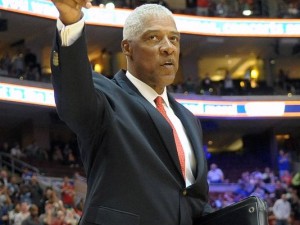
Early Years
Born on February 22, 1950, in Roosevelt, New York, Julius Erving—-called “Dr. J” by his fans—-became known for his style and grace on and off the court during his 16-year professional basketball career.
He was a solid player at Roosevelt High School, where the nickname “Dr. J” is said to have originated. While the exact details of how he got the name are unclear, it’s believed that a friend began calling him it because Erving had been dubbed the “Professor.” Erving liked the name and it stayed with him throughout his college and professional careers.
In 1968, Erving, who was not recruited by many big basketball programs, enrolled at the University of Massachusetts. He played just two seasons for the school—-freshmen were ineligible to play varsity, and Erving left before his senior season—-but he left his mark on the program. At Massachusetts, he averaged 32.5 points and 20.2 rebounds a game, one of only five players at the time to ever average more than 20 points and 20 rebounds a game.
ABA Career
In 1971, Erving left college and joined the Virginia Squires, of the American Basketball Association (ABA), as an undrafted free agent. Playing forward, he transitioned quickly to the pro game. That first year, Erving scored more than 27 points per game and was selected to the All-ABA Second Team and the ABA All-Rookie Team.
In the spring of 1972, Erving’s career took a complicated turn. Selected 12th overall by the Milwaukee Bucks of the National Basketball Association (NBA), he instead signed a contract with the Atlanta Hawks and joined the team for pre-season workouts. But the Squires quickly filed court papers requesting he be barred from playing in the NBA, and a three-judge panel agreed, ordering him back to the ABA.
Returning to his old league, Erving continued to be its biggest star. He played the 1972-73 season with the Squires, and then joined the New York Nets and steered the club to titles in 1974 and 1976. He also received the Most Valuable Player award for each of those seasons.
Admiration came not just for his scoring, but also for how he played the game. Quick and athletic, Erving took to the court with a game that featured graceful spins, dramatic jump shots, and powerful slamdunks. In 1976, his last year in the ABA and the league’s last year of existence, Erving won the ABA Slam Dunk contest, the first dunk contest any professional league had ever hosted.
Article found at http://www.biography.com/people/julius-erving-9288521#aba-career

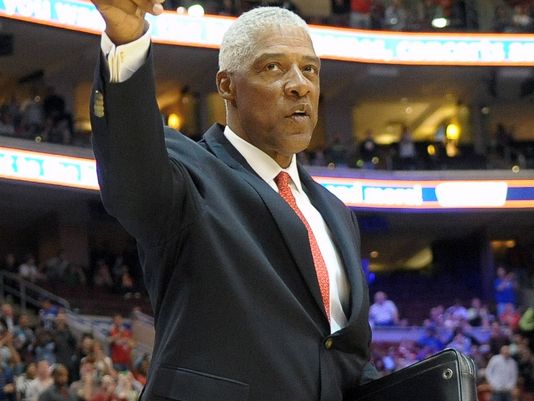



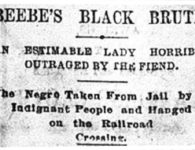


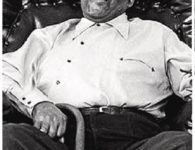
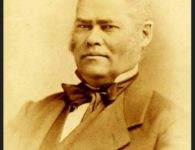
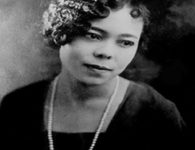


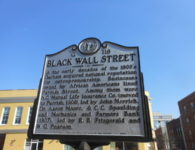
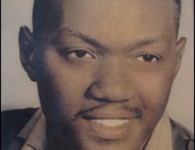
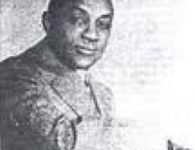

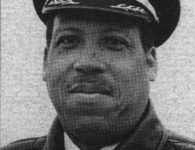

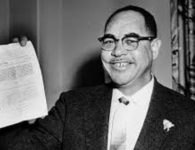

No comments